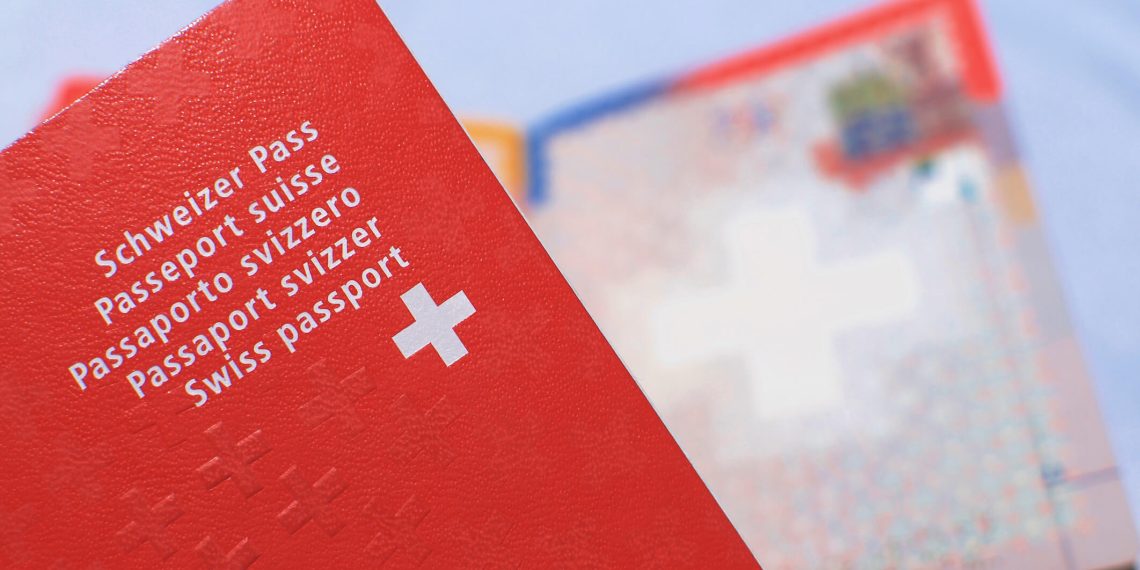The Swiss Parliament has revealed that 24 of its elected members hold a second nationality in addition to being Swiss. This was revealed in a census by swissinfo.ch (SWI). Of those holding a second nationality, 19 are National Council members, while five are members of the Council of States as reported by SchengenVisaInfo.com.
The number of parliamentarians with dual citizenship has slightly decreased compared to the previous legislature, which had 29 members with dual citizenship. This decrease is due to some of them either choosing not to run or not being re-elected. However, over the years, the trend of dual nationality has been on the rise. In 2002, only three members of the Federal Chambers of Switzerland had dual nationality. Since 2022, members of the federal legislature have been required to declare their second nationality.
Moreover, the trend of dual nationality has been increasing among the Swiss population in general. In 2021, over 19% of Switzerland’s residents held a second passport, compared to 14% in 2010.
Italians are the most represented nationality within the Swiss parliament among those with a second passport. Among the new members elected last year, 13 have Italian nationality, three have German nationality, three have French nationality, three have Turkish nationality, one has Australian nationality, and one has Colombian nationality.
Italians are the largest foreign community in Switzerland, and this may explain their increased representation within the parliament. These individuals belong to the second, third, or even fourth generation of immigrants, with roots tracing back to the Italian labor migration during the latter half of the 20th century.
The issue of binational members consistently creates debate within the Democratic Union of the Center (UDC/conservative right). Mike Egger, a UDC member of parliament, submitted an interpellation regarding this issue last December, suggesting that members of the Federal Assembly who are foreign nationals could be confronted with conflicts of interest to the detriment of Switzerland.
Despite its criticisms of dual nationality, the UDC also has three members who hold dual citizenship. Political scientist Nenad Stojanovic considers that dual nationality remains underrepresented in Parliament, as it only concerns 10% of parliamentarians. He believes the percentage of parliament members with different nationalities should be approximately twice its current rate.
At present, the Swiss passport ranks as the 17th most powerful passport in the world, according to the VisaGuide.World Passport Index. This makes it a desirable option for travelers and those seeking dual nationality.
Still have some travel questions? Ask in our Travel WhatsApp Group.








